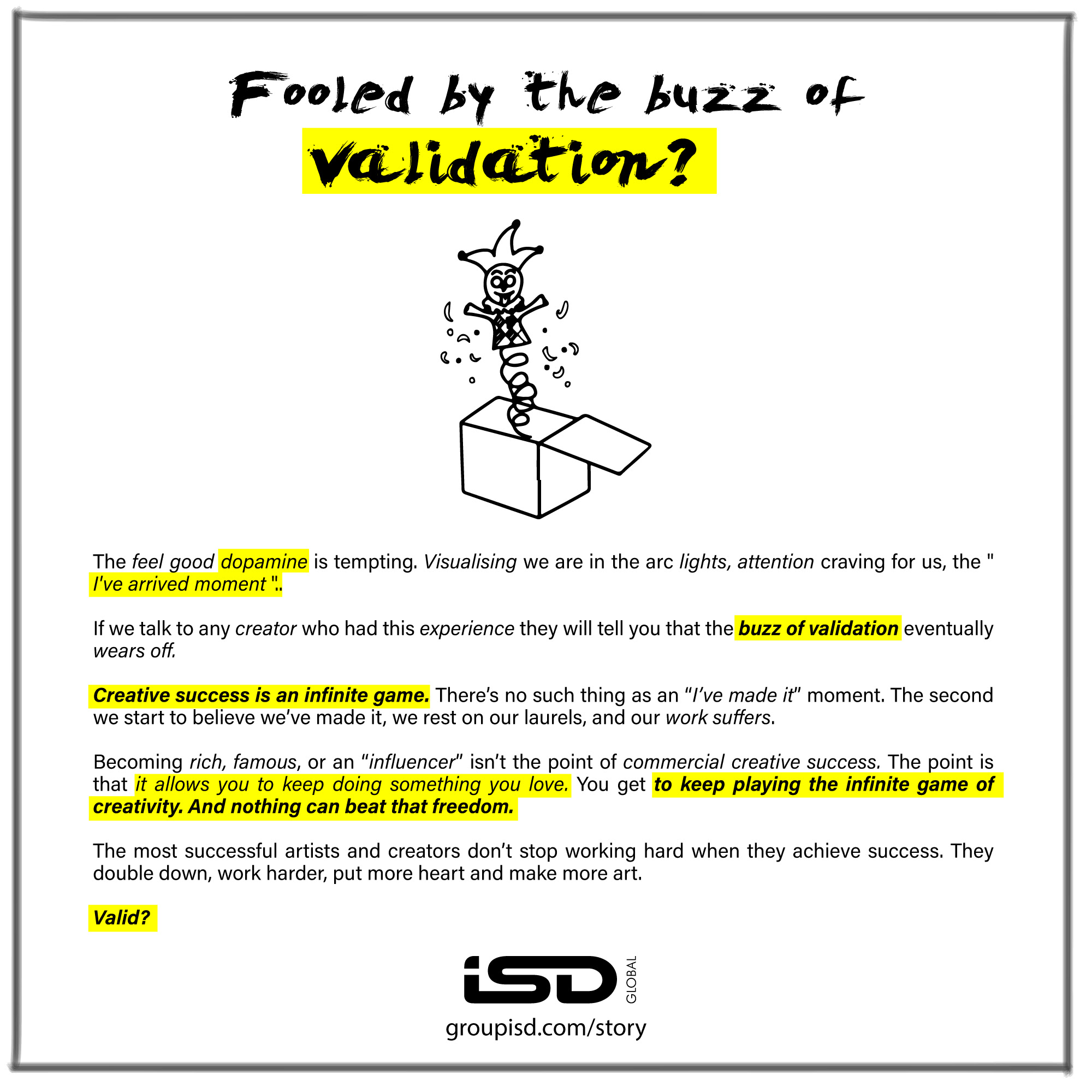This one’s for every dream that got RSVP’d “Not Happening” by the Ministry of Mediocrity.
They said Van Gogh was mentally unstable. They said Einstein was a patent clerk who’d never amount to anything. They said Kalpana Chawla should stick to mechanical engineering instead of chasing space fantasies. And guess what? The gatekeepers were spectacularly, gloriously, magnificently wrong. Every. Single. Time.
But here’s the nuclear truth bomb that’ll make your morning coffee taste a little more bitter: For every Van Gogh who painted through the ridicule, there are ten thousand dreamers who never picked up the brush because some gatekeeper convinced them their hands weren’t steady enough.
Welcome to the graveyard of dreams, where gatekeepers are the gravediggers and your potential is the corpse they’re burying six feet under.
You(or someone you know) would have experienced this: You are seven years old, scribbling rockets in your notebook margin during math class. Teacher spots you, snatches the paper, and declares with the authority of someone who peaked in teacher’s college, “Stop wasting time on silly drawings and focus on real subjects.”
Congratulations. You’ve just met your first gatekeeper.
These aren’t necessarily evil people plotting your downfall from their ivory towers. No, that would be too dramatic, too Hollywood. Real gatekeepers are far more insidious. They’re your well-meaning uncle who says “engineering is safer than art,” your guidance counselor who steers you toward “practical careers,” your friends who roll their eyes when you mention your startup idea for the fifteenth time.
They’re armed with the most dangerous weapon known to dreamers: the phrase “be realistic.”

Akio Morita pitched his idea for a personal stereo to focus groups who said, “Why would anyone want to listen to music through headphones?” Sony’s Walkman went on to sell over 400 million units. Those focus group gatekeepers probably still use boom boxes.
Kiran Mazumdar-Shaw started Biocon in her garage in 1978 when biotechnology was as foreign to India as snow in Rajasthan. Banks refused her loans because they thought biotech was too risky, too complex, too advanced for an Indian woman. Today, Biocon is a $10 billion company, and those bankers are probably still explaining to their grandchildren what biotechnology means.
Wright Brothers—Two cycle mechanics from Dayton, Ohio, told they were “unqualified dreamers” by experts in flight. Today, we eat stale peanuts at 35,000 feet because of their delusions.
Narayana Murthy, before he was Godfather of Indian IT, was rejected by his future father-in-law because he had “no future.” (Imagine if he listened. Infosys would be an unfulfilled Google Doc.)
Stan Lee, told by his publisher that superhero comics would never work. Enter Spider-Man. The rest, like Peter Parker’s love life, is complicated history.
Surround yourself with dream amplifiers, not dream killers. The Bharat Matrimony founder Murugavel Janakiraman found his tribe of believers who helped him build a platform that’s connected millions of hearts. Your dreams need cheerleaders, not critics in the stands.
Sometimes, not knowing something is impossible(Strategic Ignorance) is your greatest advantage. The Wright Brothers didn’t have aeronautical engineering degrees. They had bicycle repair experience and an unshakeable belief that humans could fly.
The gatekeepers aren’t going anywhere. They’re a permanent feature of the landscape, like taxes and traffic jams. But here’s what they don’t want you to know: they only have the power you give them.
Every time you water down your dream to make it “more acceptable,” you’re not being realistic – you’re being complicit in your own creative murder.
Dhirubhai Ambani was a petrol pump attendant who dreamed of building an industrial empire. Gatekeepers laughed at his ambition, questioned his methods, doubted his vision. Today, Reliance is one of India’s largest companies. The gatekeepers are still explaining to their children why they didn’t invest in his dreams.
Walt Disney was fired from a newspaper for “lacking imagination and having no good ideas.” The same guy who created Mickey Mouse was told he had no creativity. Somewhere, that editor’s descendants are still trying to live down the family shame.
The choice is yours: Will you be the dreamer who broke through, or the cautionary tale who gave up?
Because in the end, the world doesn’t remember the gatekeepers. It remembers the dreamers who refused to let them win.
The “right way” is often the well-trodden path to mediocrity. Elon Musk built rockets reading textbooks, not waiting for NASA’s permission.
Gatekeepers, I am afraid do not have the same range as Ben & Jerry’s Ice Cream and they come mostly in three flavours:
The Riskophobics – “What’s your fallback plan?” (As if dreams need mattresses.)
The Degree Dealers – “Are you even qualified to do this?”
The Has-Beens & Never-Was-es – “When I was your age…”(Yeah? And look how that turned out.)
They are gatekeepers to nothing but their own boredom.
Dreams are allergic to committees. Don’t crowdsource your courage. Because we weren’t born to behave. We were born to build.
The most dangerous gatekeeper isn’t your boss, your parents, or some industry expert. It’s the voice in your head that sounds suspiciously like all of them combined.
This internal gatekeeper is sophisticated. It doesn’t just say “you can’t do it.” It says “you can’t do it YET” and “you can’t do it WITHOUT proper preparation” and “you can’t do it UNLESS you have a backup plan.” It’s rejection with good manners and a safety net.
A.R. Rahman could have listened to his internal gatekeeper that said “you’re just a keyboard player, not a composer.” Instead, he composed music that won Oscars and revolutionized Indian cinema. That internal voice is now probably his biggest fan.
Remember, if everyone gets it, it’s not a dream. It’s a brochure.
